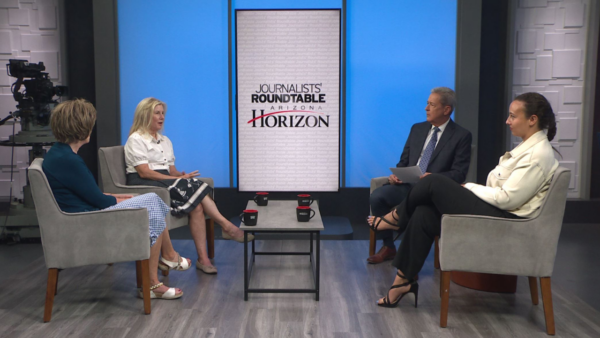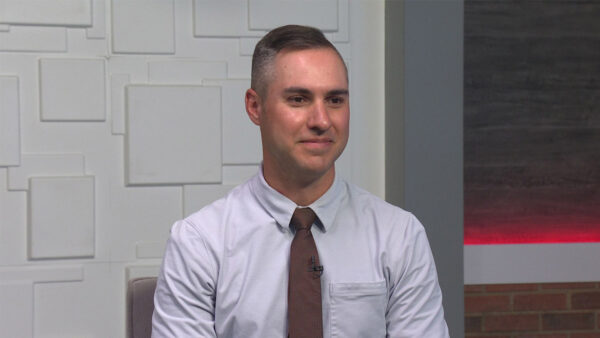Large marijuana companies buying up social equity licenses
April 13, 2022
The state’s marijuana law includes the awarding of so-called “Social Equity Licenses” for marijuana distributors. Those licenses, which were handed out last week, were designed to benefit people and communities excessively harmed by past marijuana criminal laws. But there’s concern that large marijuana companies are using predatory tactics to exploit loopholes in the awarding of these licenses. Phoenix New Times reporter Katya Schwenk wrote about the issue.
Proposition 207, which legalized the sale and use of recreational marijuana in Arizona in November 2020, required the state to “promote the ownership and operation of marijuana establishments and marijuana testing facilities by individuals from communities disproportionately impacted by the enforcement of previous marijuana laws.”
The Social Equity Licenses program was the state’s solution, a system in which 26 licenses were given
Instead of opening their own dispensaries, however, these individuals are being offered “between 8 million, maybe up to 15 million dollars” by large marijuana companies to sell their licenses, Schwenk.
While the original grantee must maintain 51% control of the business, they agree to contracts giving up all profits and decision-making power in the dispensary, making the control only in name.
“There are some investors who submitted hundreds of applications, or at least in one case 200 applications. This investor, or group of investors, we don’t know who they are based on corporate documents, but they won in the lottery 5 licenses because they submitted 200 applications to the pool.” Schwenk said. “They’re registered as two shell companies in Wyoming.”
While these moves may undermine the intended purpose of the program, they aren’t illegal.
“The Arizona Department of Health Services, who are the ones who are operating this program, told me that they developed the rules for the Social Equity program as the statute required, which was fairly vague and gave a lot of leeway, and they did do a review of the applications, but it simply was not against the rules for these investors to submit hundreds of applications to the lottery,” Schwenk said.























